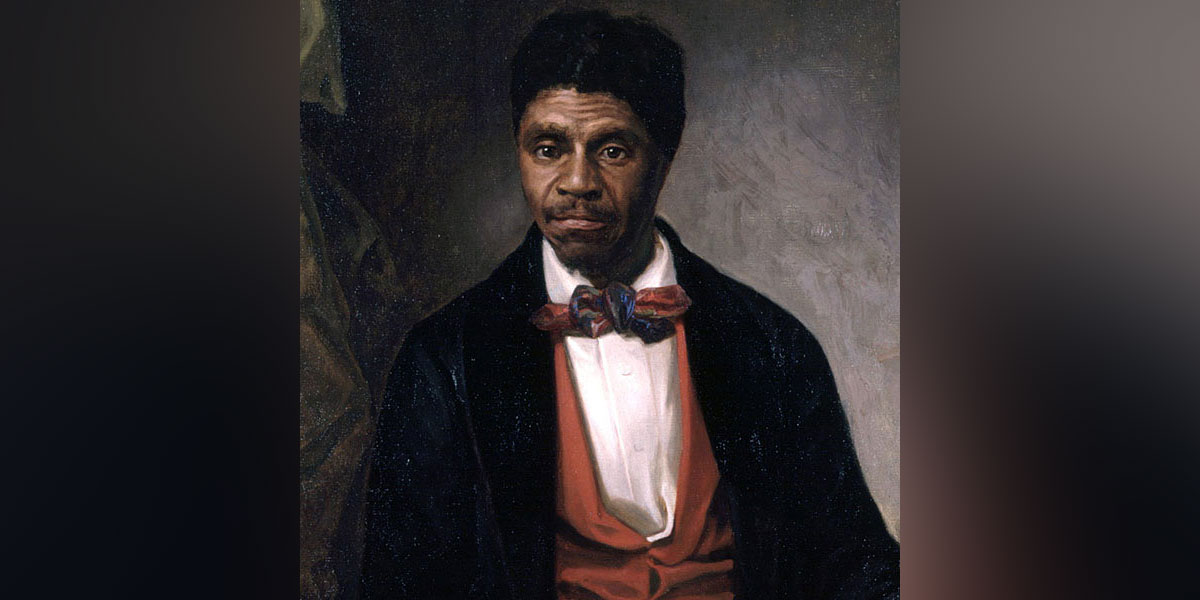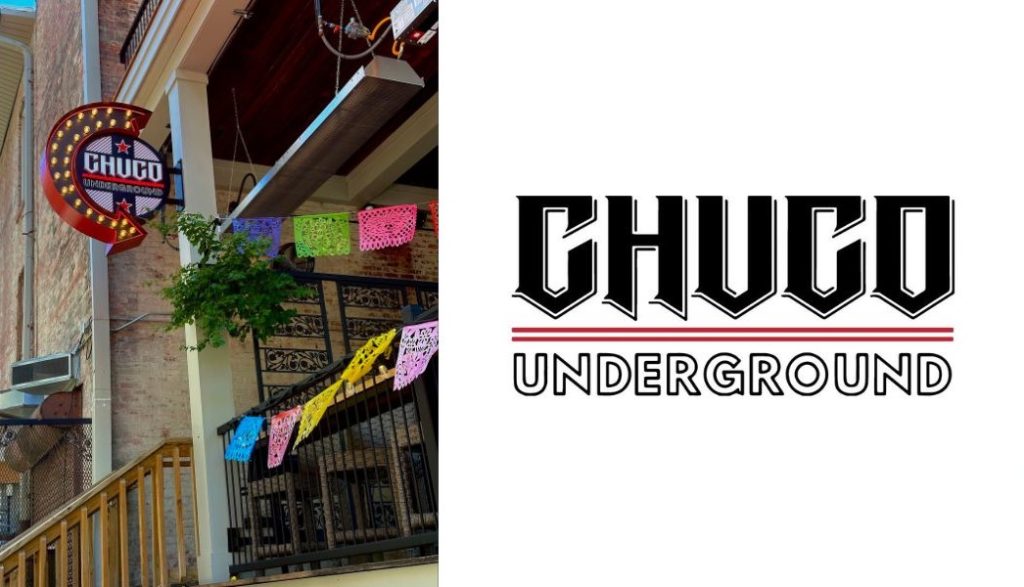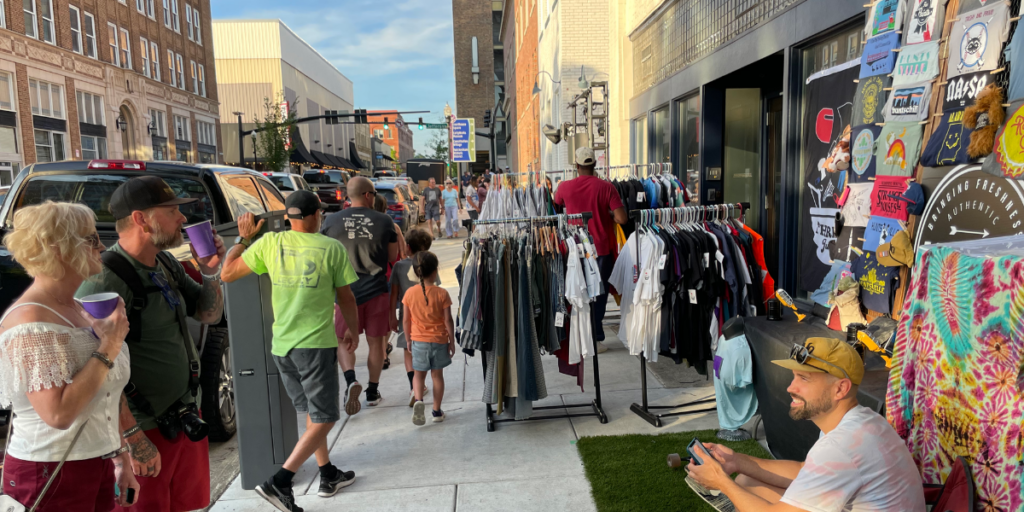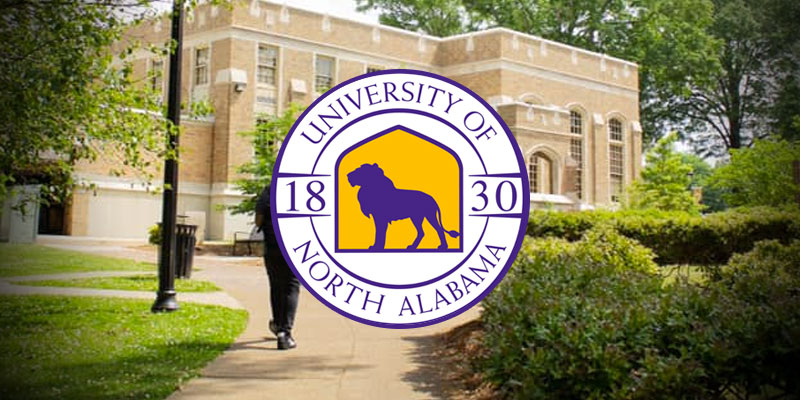If you paid attention in history class, you know the name “Dred Scott.” But even if you got an A+, you likely didn’t learn the full story. Where was he enslaved? Who paid the attorneys during his historic legal battle for freedom? Did he ever achieve freedom from slavery? Hint: all of those answers lead to Huntsville.
Dred Scott’s first enslaver was a guy named Peter Blow (terrible name, I know). Peter, his wife and their numerous children lived on a plantation just outside Huntsville. Peter owned slaves, one of which went by the name Sam. Peter Blow gave up on farming around 1830, moved his big family to St. Louis, and sold Sam. Sam subsequently took the name Dred Scott.
When Dred Scott and his family sued for their freedom many years later, they couldn’t pay an attorney. As slaves, they had no money. A small problem, unless your former enslaver’s children were willing to pay for your fight for freedom. Yes, Peter Blow’s grown children paid for Dred’s legal bills for the first four years of his legal battle.
When the Supreme Court made its infamous decision against Dred Scott 165 years ago this month, ruling that African Americans were “not citizens,” Peter’s children weren’t done. They purchased Dred Scott and granted him freedom immediately. He only lived another year, but Dred Scott died a free man.

Whether acts of atonement or of adoration, their attempts to help Dred may not have completely righted the wrongs that happened on that Huntsville plantation. However, the universe has a funny way of giving you a helping hand when you’re trying to do right — Peter Blow’s plantation is now the campus of Oakwood University, an HBCU dedicated to the education and advancement of young African Americans.
Sometimes we miss the best lessons when distilling history into the textbook format. And sometimes, if you look hard enough, those hidden lessons are rooted in your hometown.
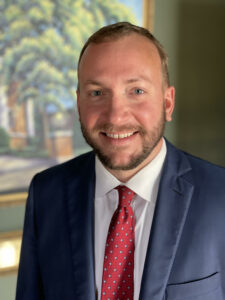
![]()


